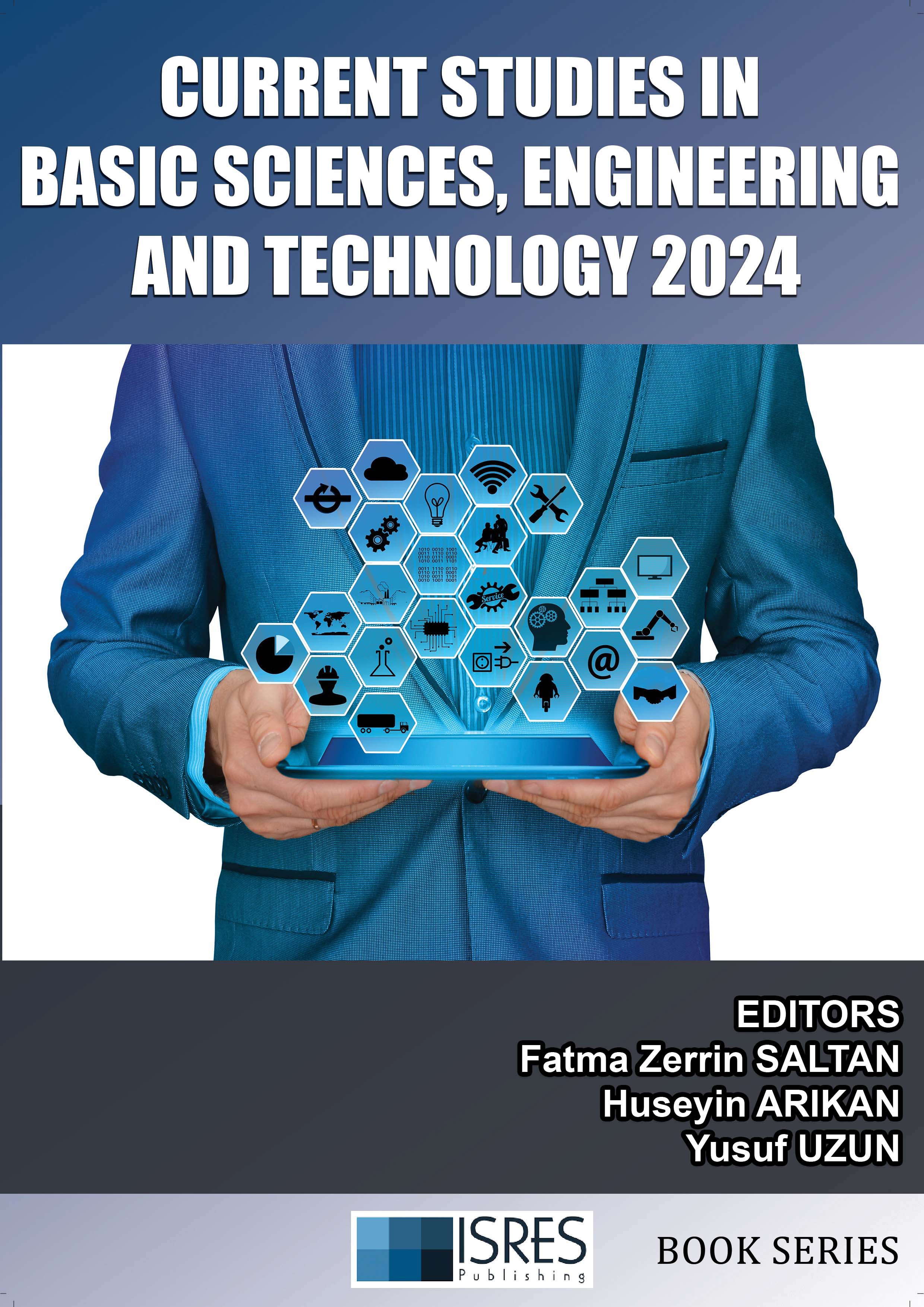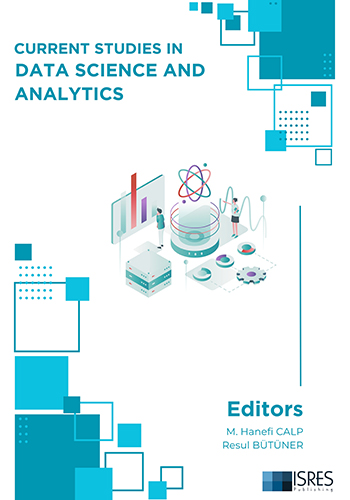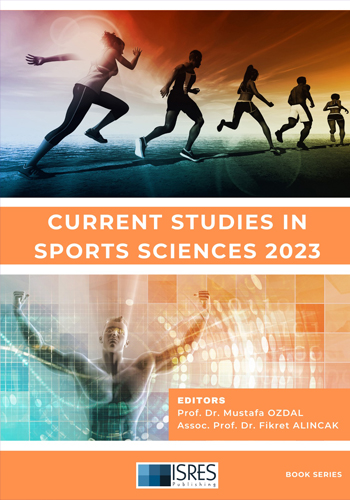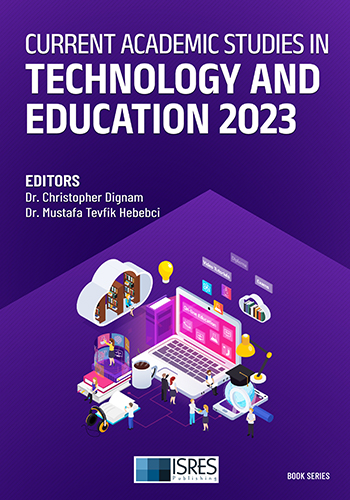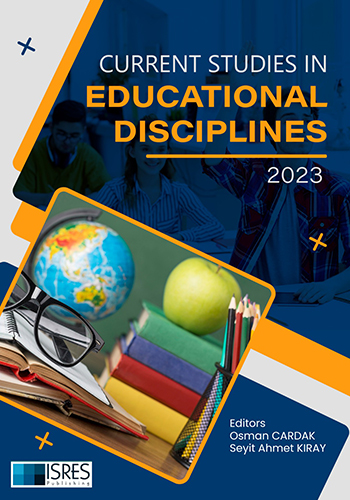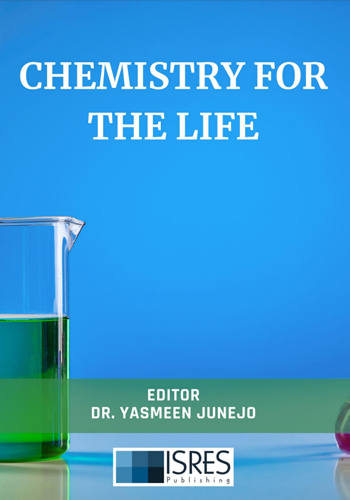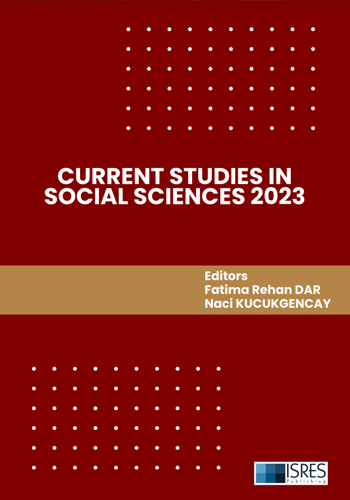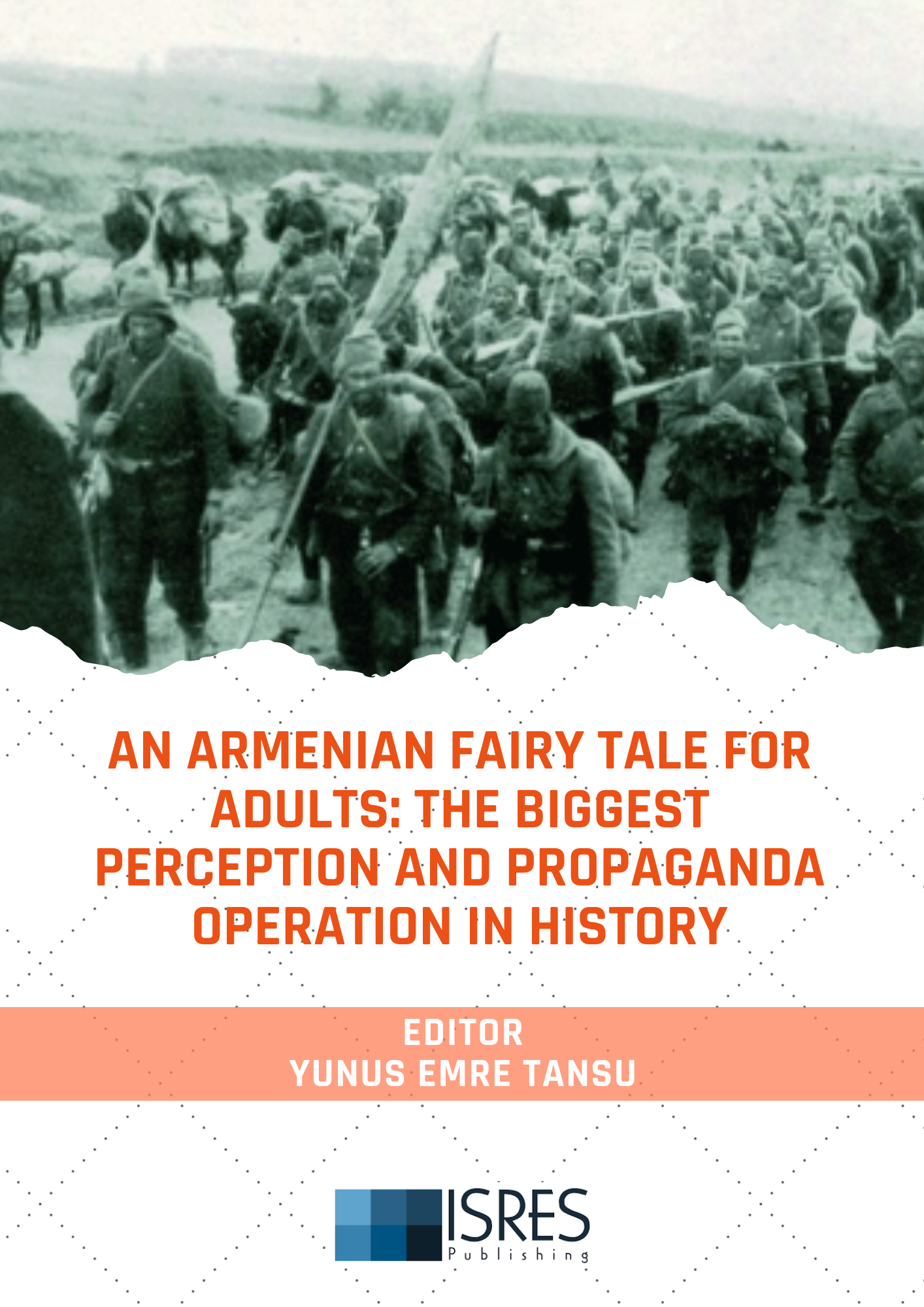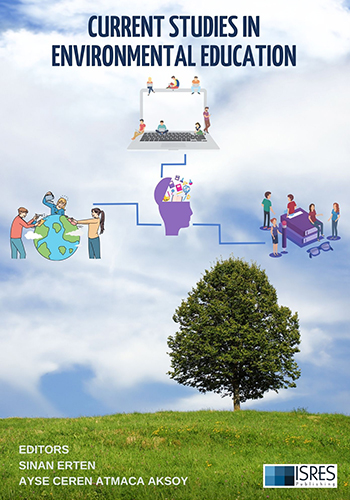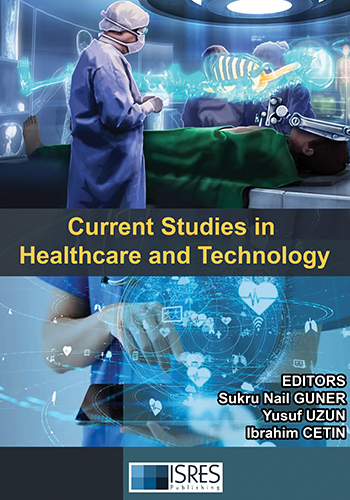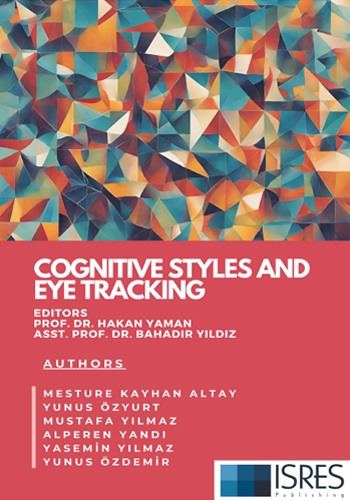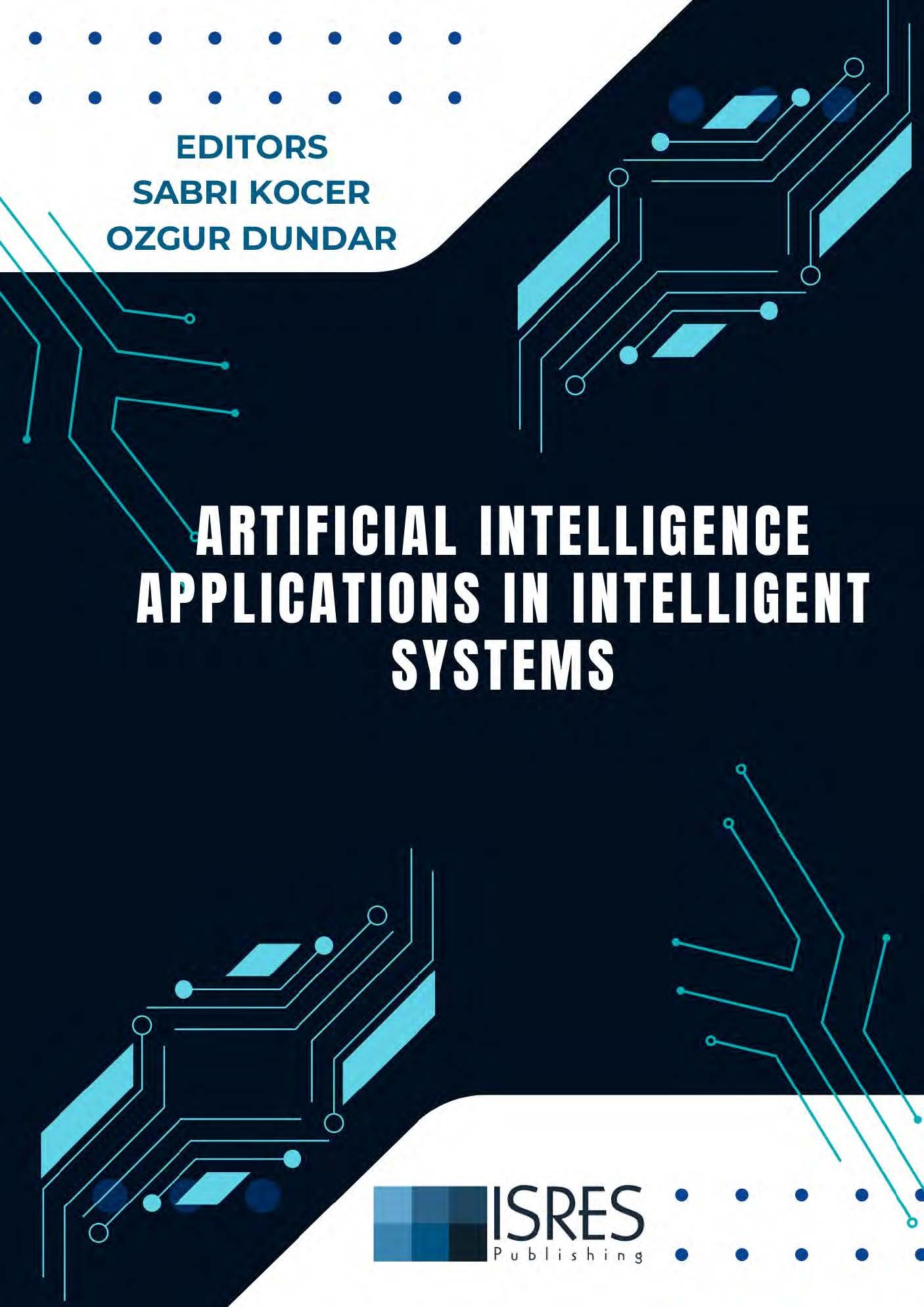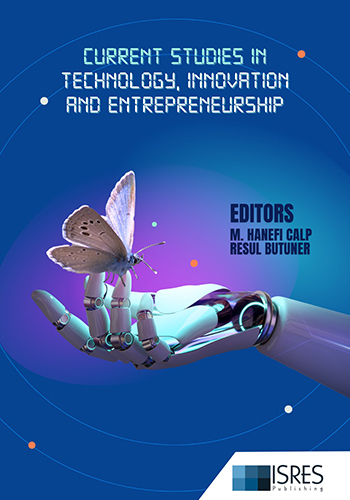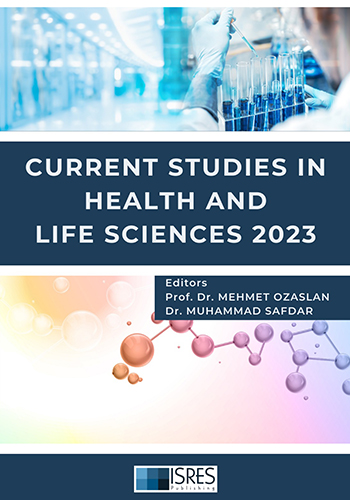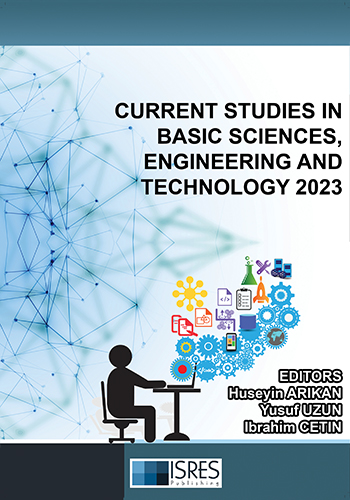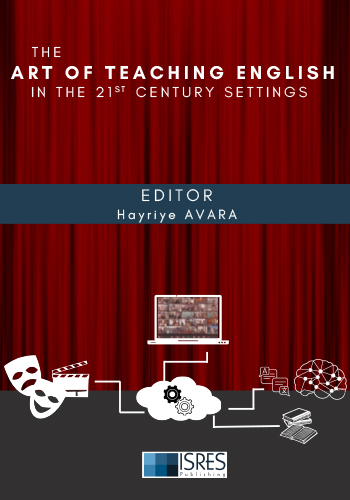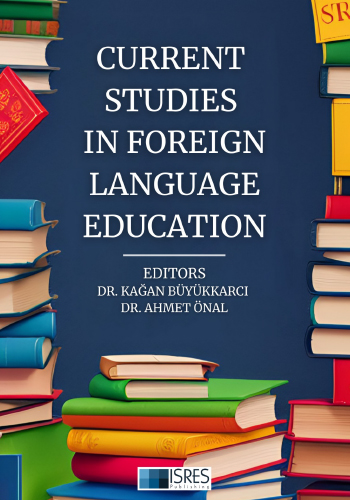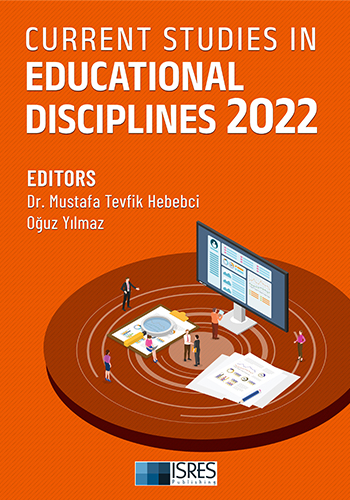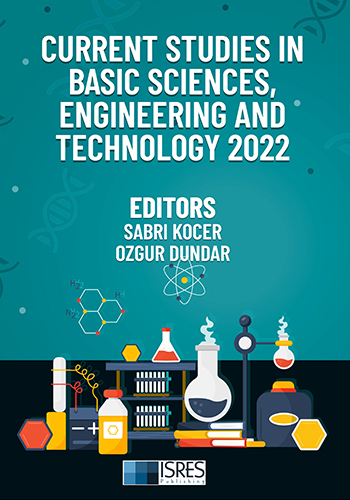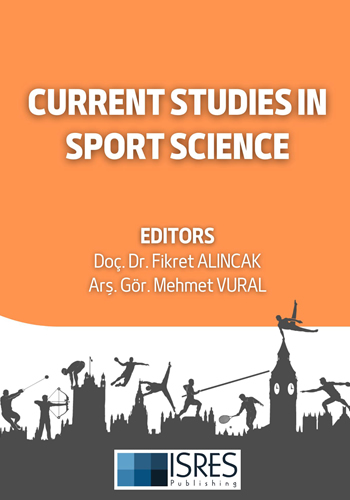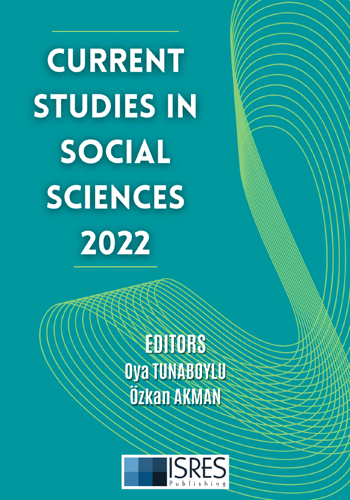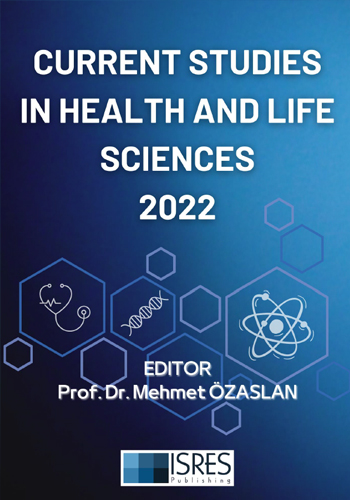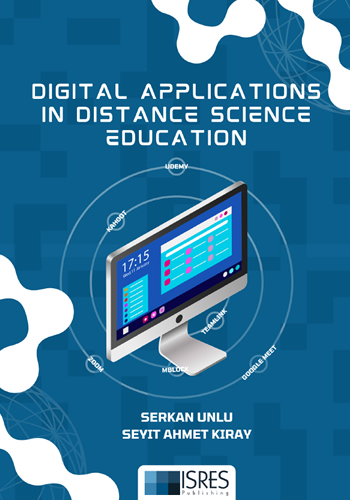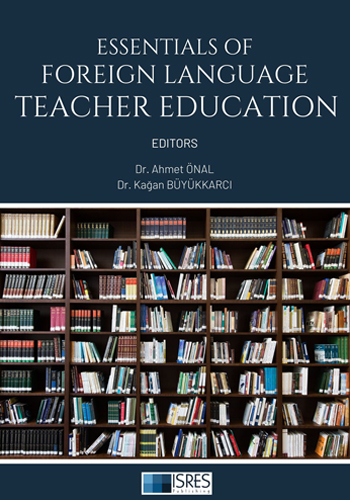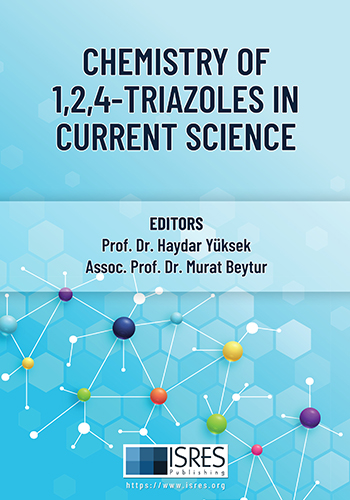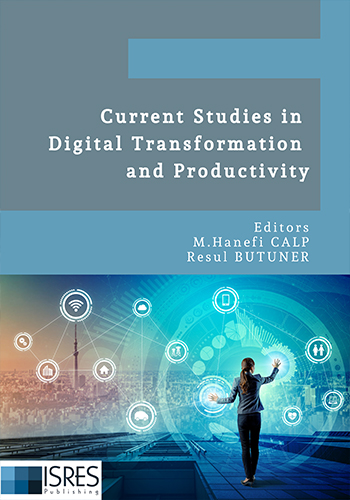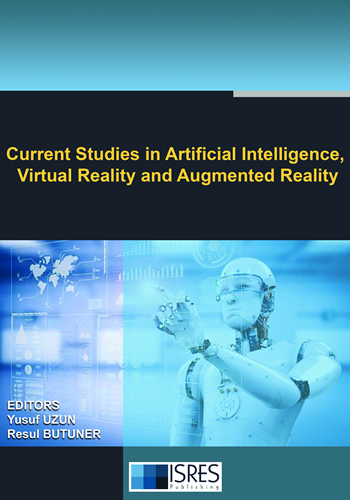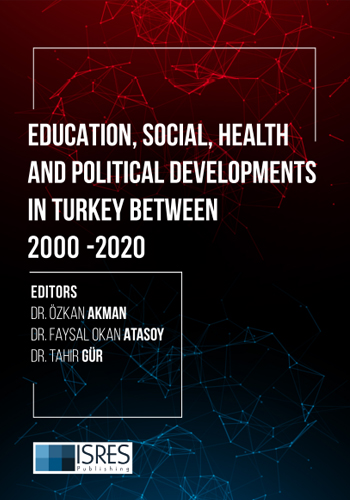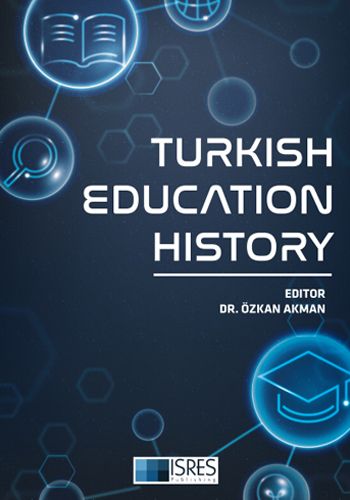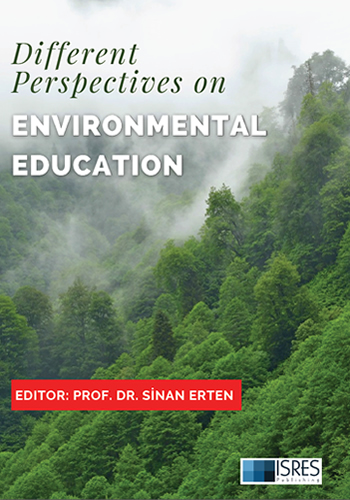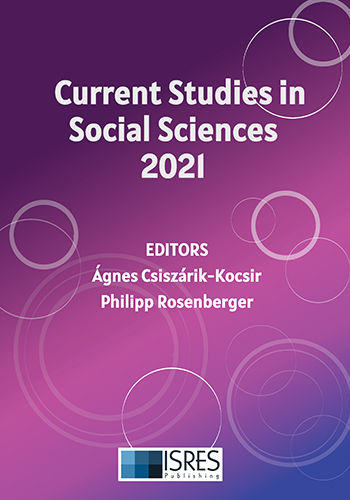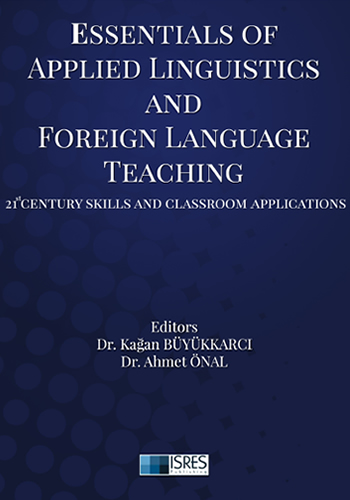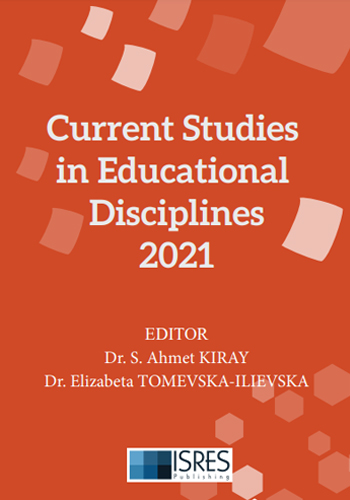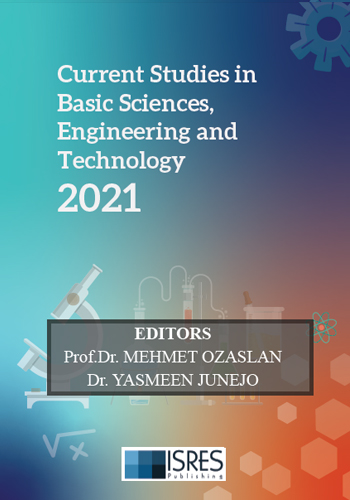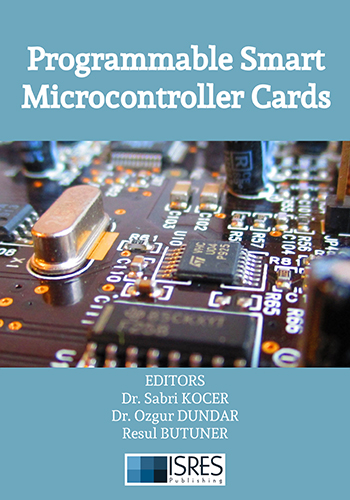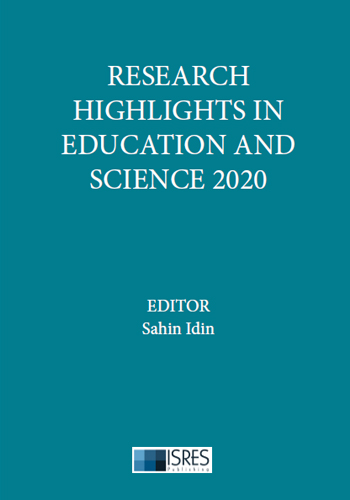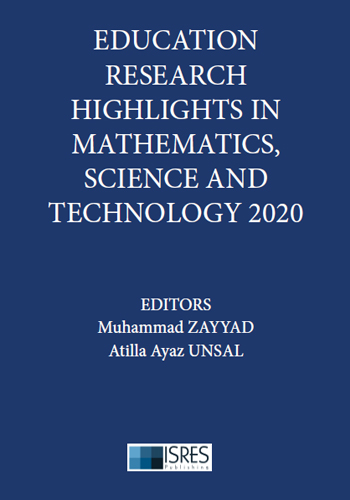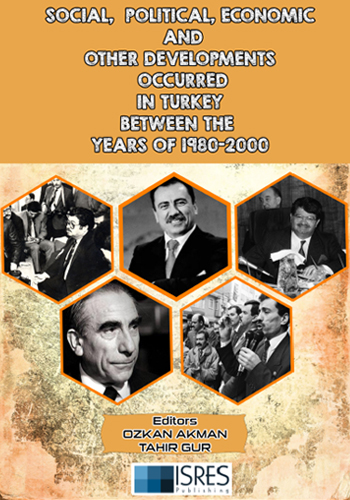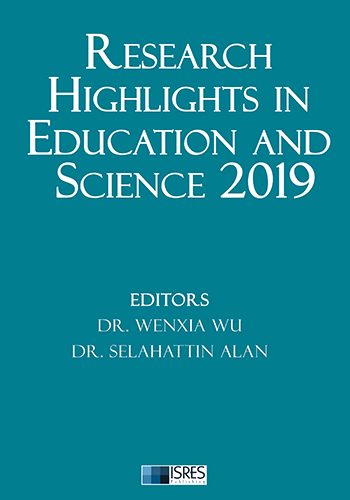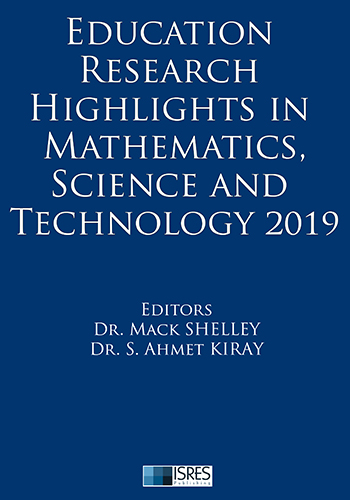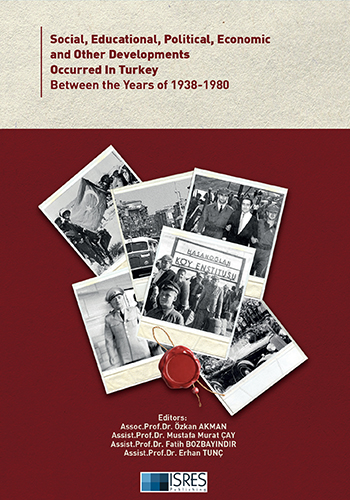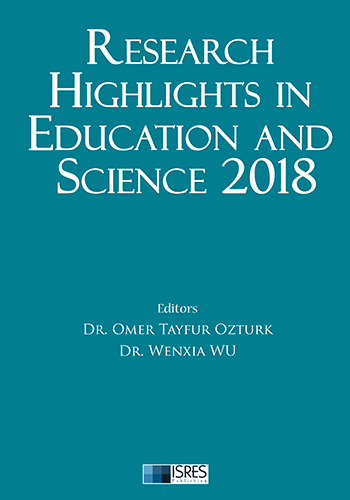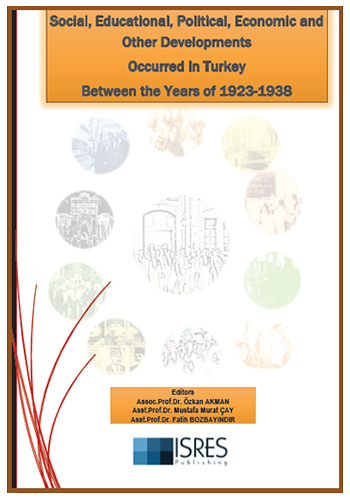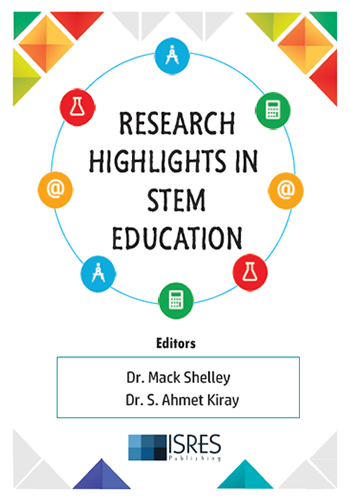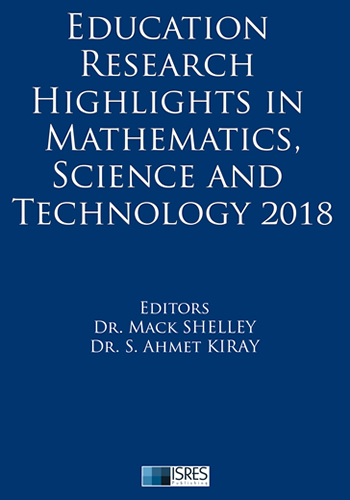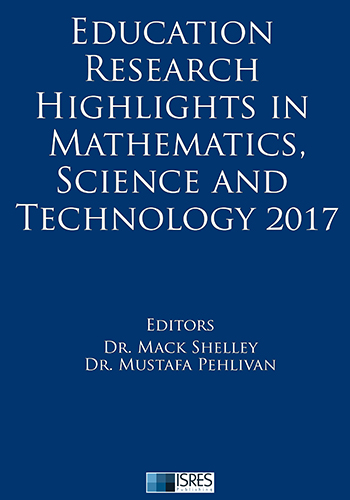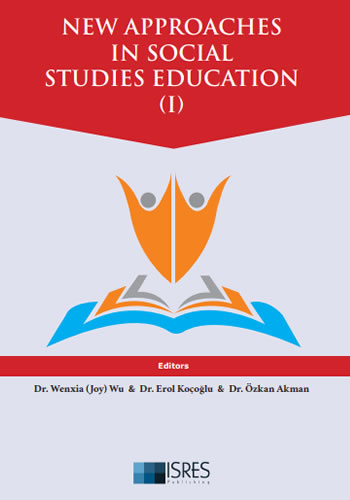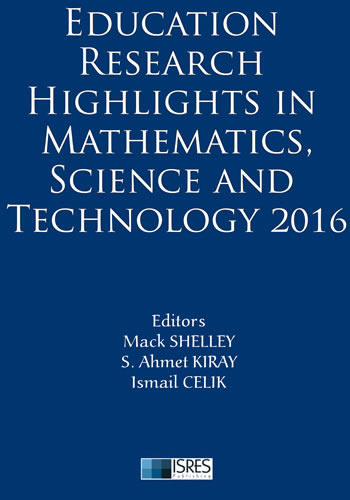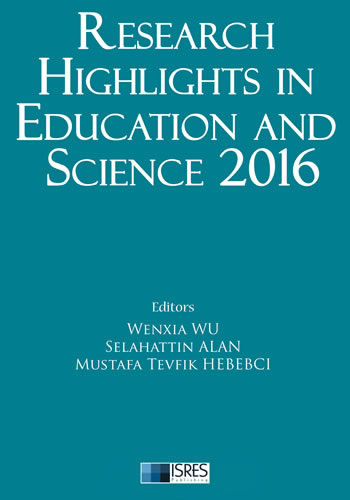Abstract: When examining the results of PISA of 2015 published by the OECD late in 2016, the average point of 72 participanting countries in reading performance is seen to be 493. Out of 72 participant countries, Turkey ranked 50th in reading skills with 428 points, 65 points below the average point 493, and Singapore ranked 1st in reading skills with 535 points, 42 points above the average point 493. Between Turkey on the 50th rank in reading skills out of 72 countries and Singapore on the 1st rank, there is a 107-point difference, a very big difference not possible to overlook. Undoubtedly, there are many factors for emergence of this situation. One of the primary ones, which are frequently repeated by the mass media in many places, is selecting and training the preservice teachers of these two countries, and the positions of their teachers. A factor, which is not emphasized much, more precisely, is not emphasized at all, the properties which language educational programs of both countries have within the context of reading-writing achievements. It can be understood by considering the results of PISA of 2012 that this factor not emphasized at all is as important as the factor widely emphasized. When examining the results of PISA of 2012, it is seen that the average point of 65 participant countries is 496 in reading performance. Out of 65 participant countries, Turkey ranked 42nd in reading performance with 475 points and Singapore ranked 3rd in reading skills with 542 points. There is a 67-point difference between Turkey on the 42nd rank and Singapore on the 3rd rank in reading skills. When it comes to 2015 from 2012; while Singapore held more or less its rank in reading skills, a very big decrease occurred in reading skills of Turkey. One primary reason for this is that the language educational program, which was put into practice in Turkey in 2005, requires an early reading-writing method called “Sound Based Sentence Method” within the context of synthesis approach. In the present study here, the language educational programs of both countries should be compared within the context of reading-writing achievements and it should be tried to interpret the PISA results in this regard.
Language Teaching Curriculum of Turkey and Singapore in The Context Of Reading-Writing Acquisitions
Research Highlights in Education and Science 2017
Editors: Dr. Mustafa Pehlivan, Dr. Wenxia Wu
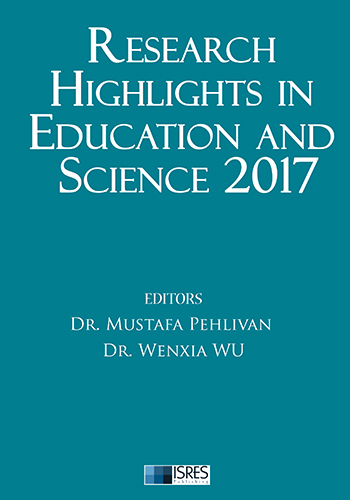
4562
Language Teaching Curriculum of Turkey and Singapore in The Context Of Reading-Writing Acquisitions
Chapter Authors: Esra Ay Karacuha, Ahmet Cebi
Pages: 40-52
Other Chapters
Pragmatism and Its Implications on Teaching and Learning in Nigerian Schools
Joseph Olusola Adeleye
More Info Pages: 2-6
Issues with Career and Technical Education and Diploma Options in The United States: A Deeper Look into Georgia
Aaron Douglass Talley, Angela Christine Fain, Cynthia Head
More Info Pages: 7-19
Ethical Issues in Engineering Education Curriculum
Farhad Balash, Ameneh Alipour, Ensieh Habibi
More Info Pages: 20-25
Geographical Thinking Approach In Geography Education
Abdullah Balciogullari
More Info Pages: 26-32
Content Analysis of The Turkish Coursebooks For Pre-School Children (50-74 Months-Old)
Banu Uslu, Aysel Cagdas
More Info Pages: 33-39
Language Teaching Curriculum of Turkey and Singapore in The Context Of Reading-Writing Acquisitions
Esra Ay Karacuha, Ahmet Cebi
More Info Pages: 40-52
Psychosocial Variables That Affect Students' Effort in Mathematics
Wajeeh Daher, Fakher Al-Khalili, Yasmin Abu-Kayyas
More Info Pages: 53-66
The Investigation of The Effects of Robotic-Assisted Practices in The Teaching of Renewable Energy Sources to Science Teachers Candidates
Sibel Acisli
More Info Pages: 68-74
Can We Change Attitude Toward Physics? Outcomes of Technology Supported and Laboratory Based Instructions
Feral Ogan-Bekiroglu, Onur Oymak
More Info Pages: 75-80
The Comparisons of The Fractional Gain in Conceptual Learning by Using Peer Instruction
Tolga Gok
More Info Pages: 81-90
The Comparisons of Quantitative and Qualitative Problems on Students' Physics Achievement
Tolga Gok
More Info Pages: 91-99
Where Have All The Tablets Gone? An Examination of The Technology Purchasing Habits of Suburban Texas School Districts
Joshua W. Tabor, Mary Margaret Capraro, Bugrahan Yalvac
More Info Pages: 101-113
A Design of Educational Computer Game
Ali Ozdemir, Aysegul Alaybeyoglu, Kadriye Filiz Balbal
More Info Pages: 114-135
Pedagogical Approach to Use Interactive Board in Math and Science Classes for 6th Grade in Palestinian Schools
Karram Omar
More Info Pages: 136-142
Evaluation of Mathematical Games in Terms of Educational Aspects: Android and Web Applications
Ayfer Alper, Tuğçe Gencoglu
More Info Pages: 143-149
Evaluation of The Use of Flipped Classroom Based Tutorials in “Mathematics for Chemists” Course from Students’ Perspective
Ahmad Aljanazrah, Franz Josef Schmitt, Thomas Friedrich
More Info Pages: 150-155
Pre-Service Teachers’ Technology Integration and Their Technological Pedagogical Content Knowledge (TPCK)
Feral Ogan-Bekiroglu, Ozge Karabuz
More Info Pages: 156-164
Budapest/Hungary Conferences - August 28-31, 2025
We are pleased to invite you to ISRES conferences, which will be held at Obuda University/Budapest/Hungary on August, 28-31, 2025. The following conferences will be held in Budapest/Hungary:...
15.01.2025
Trabzon/Türkiye Conferences - May 01-04, 2025
ISRES Spring Conferences - Trabzon/Turkiye SOCIAL SCIENCES – May 1-4, 2025, Trabzon, Türkiye * 5th International Conference on Social Science Studies - IConSoS2025 ...
11.12.2024
Peja/Kosovo Conferences - July 10-13, 2025
We are pleased to invite you to our conferences, which will be held at University of Peja Haxhi Zeka on July, 10-13, 2025. The following conferences will be held in Peja/Kosovo: - 7th Internat...
28.11.2024





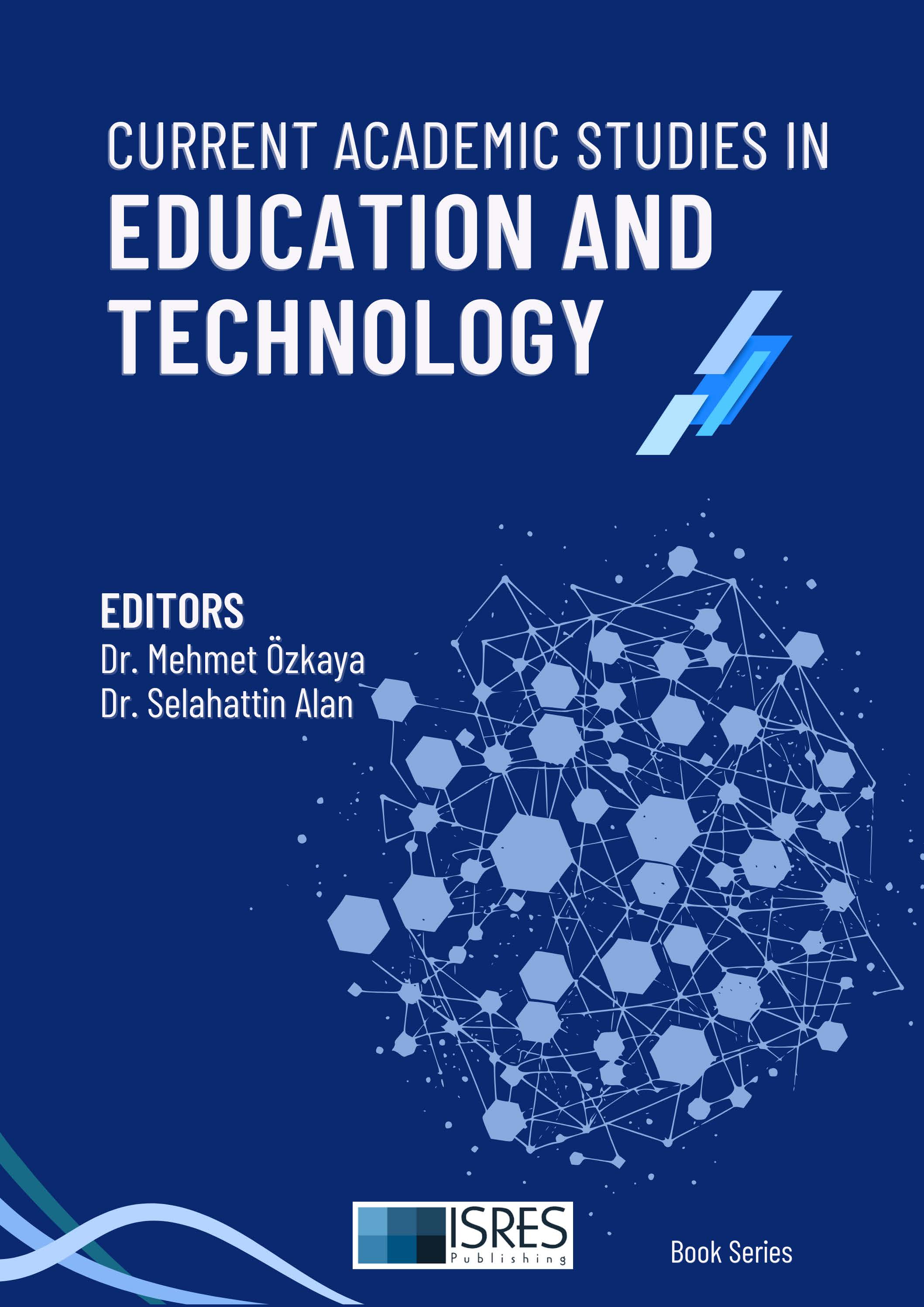


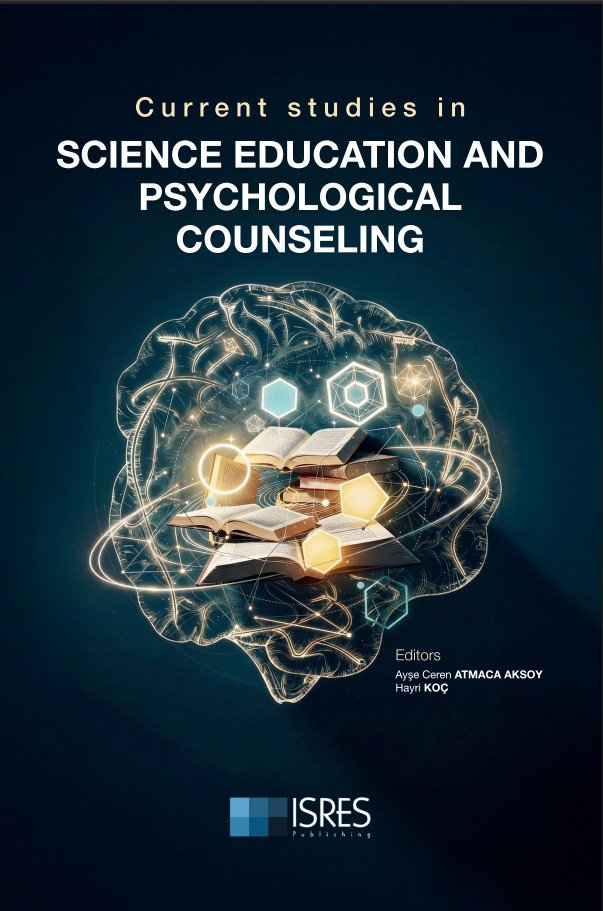
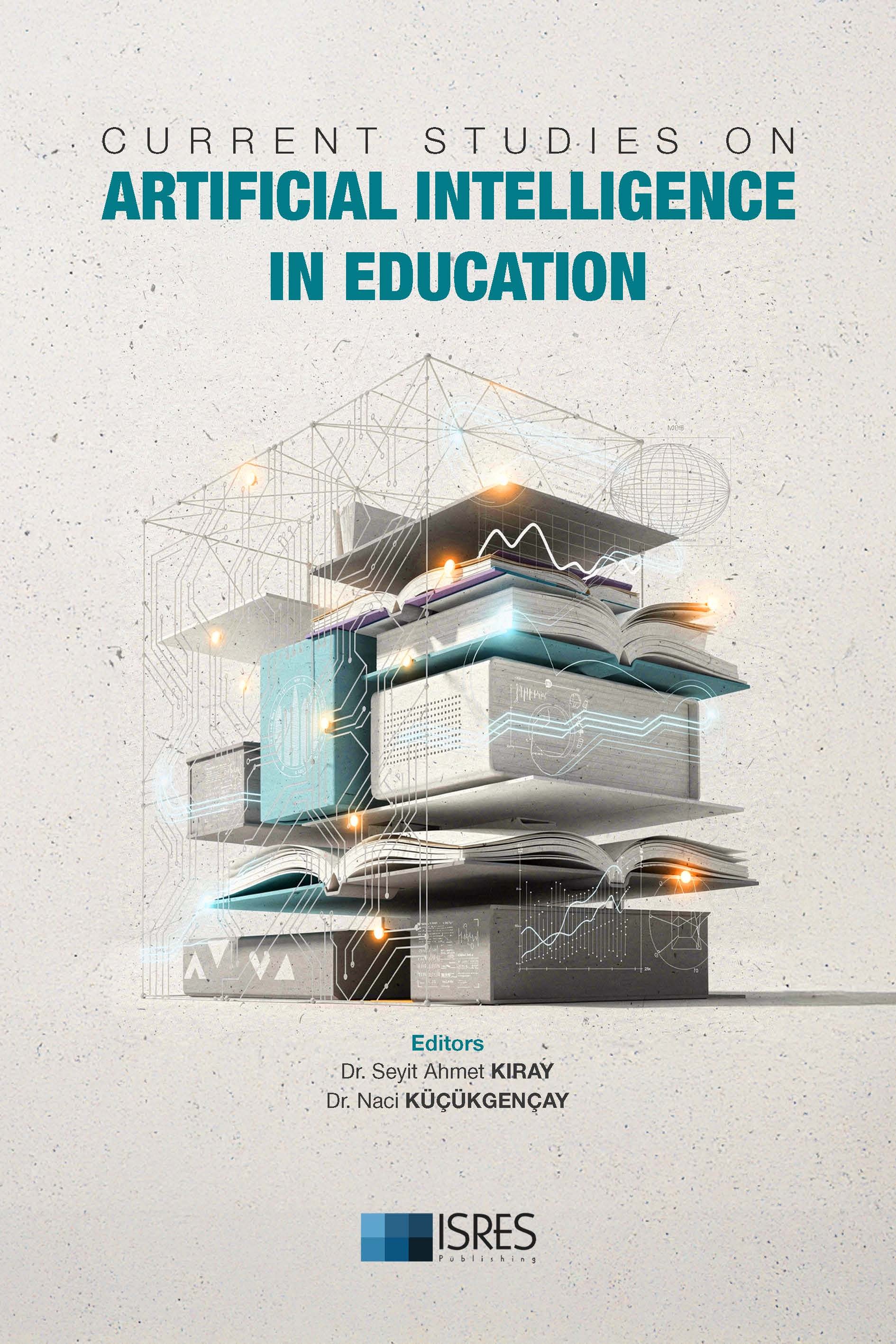
_Sayfa_001_23-12-2025.jpg)
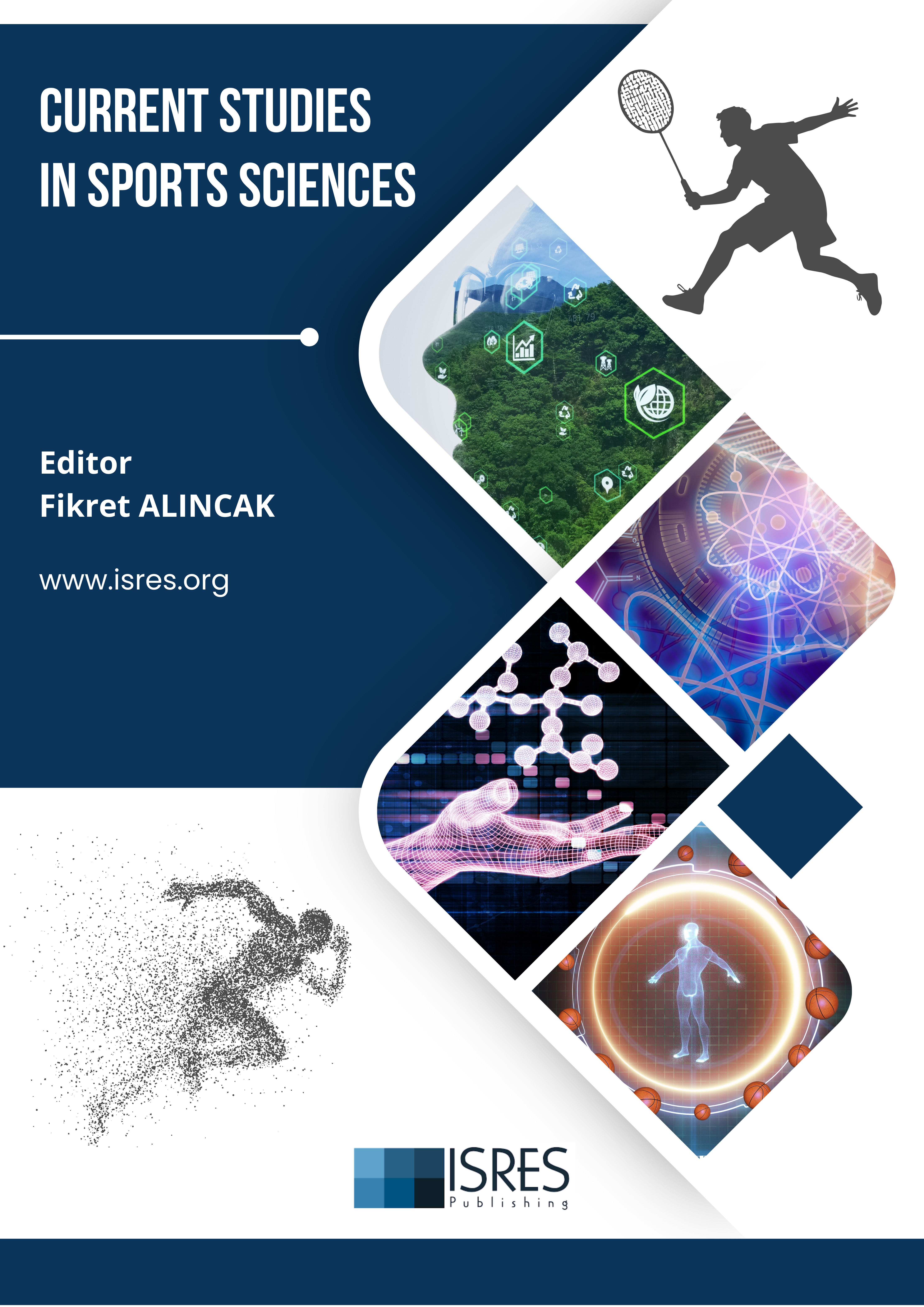


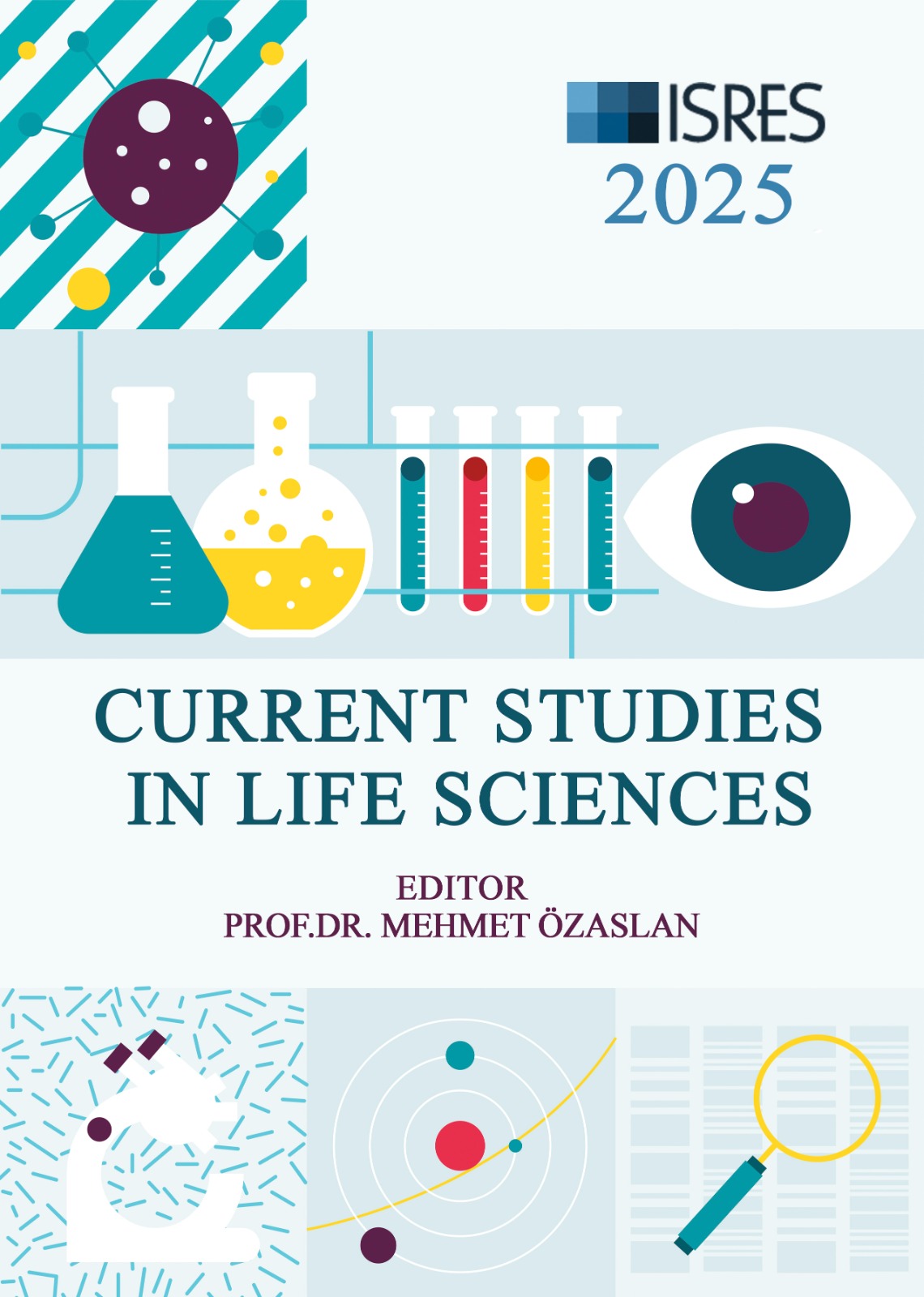
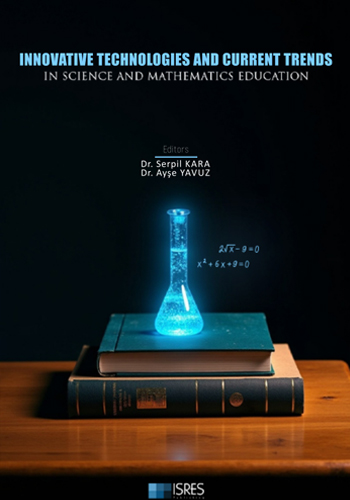
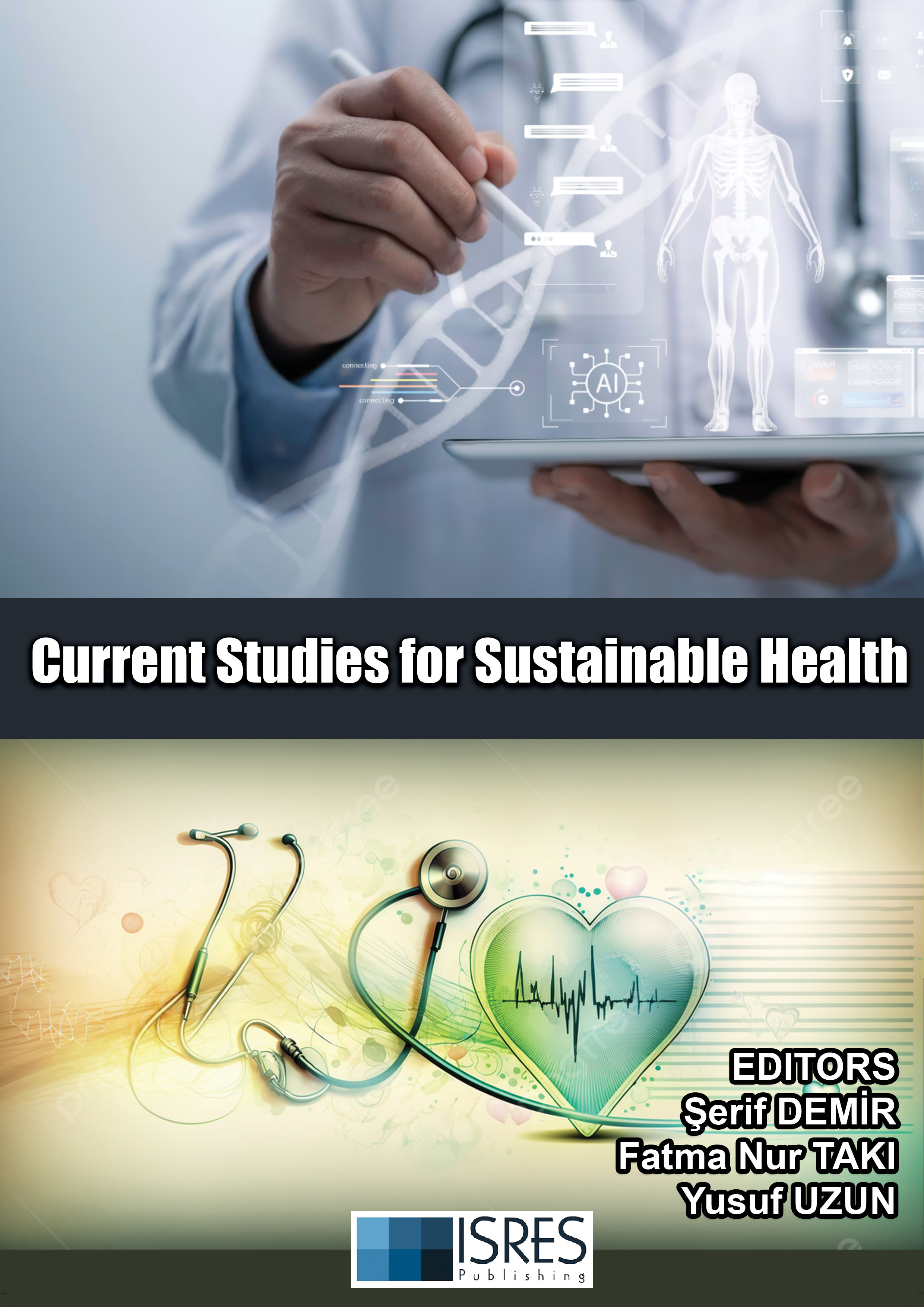

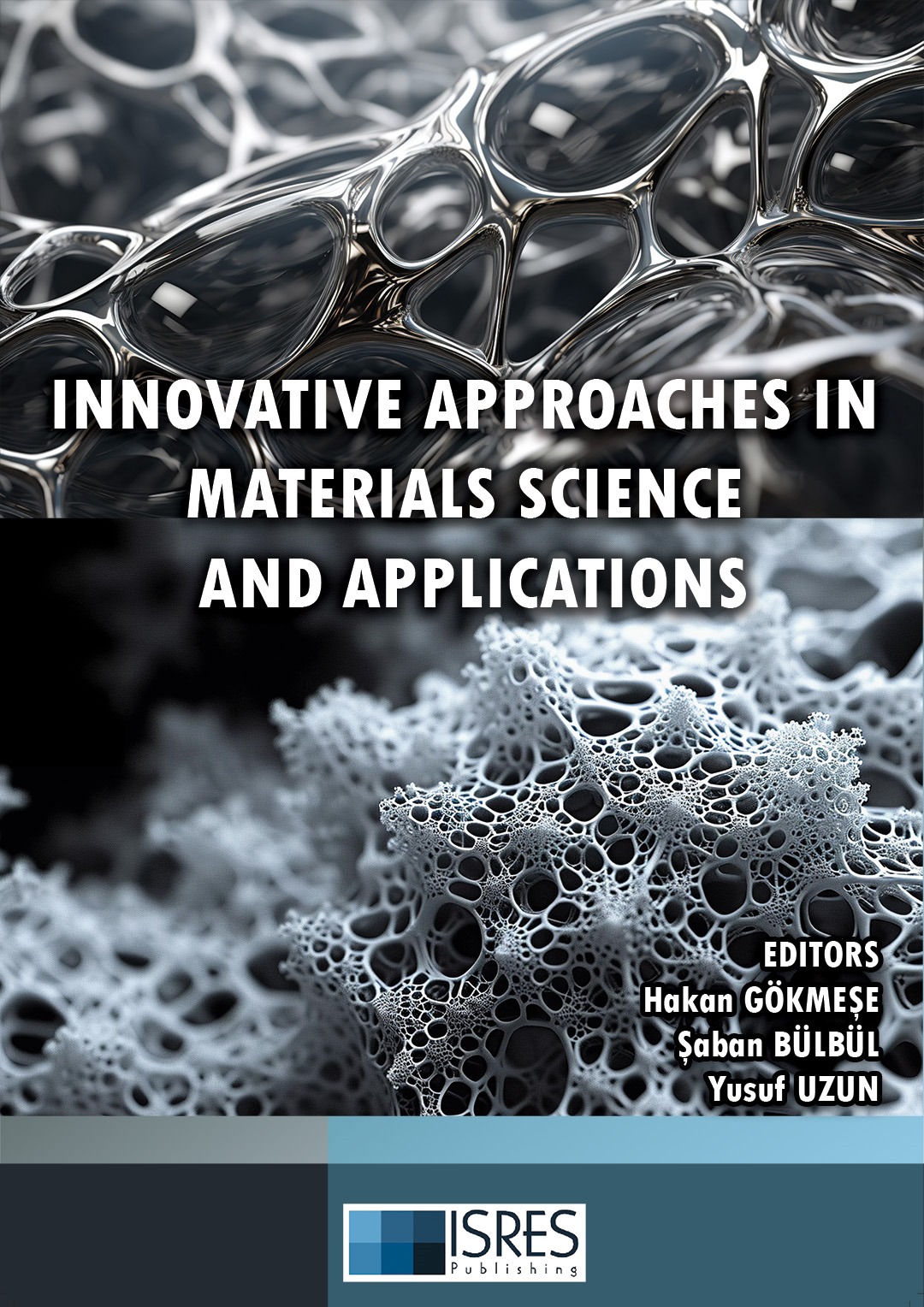
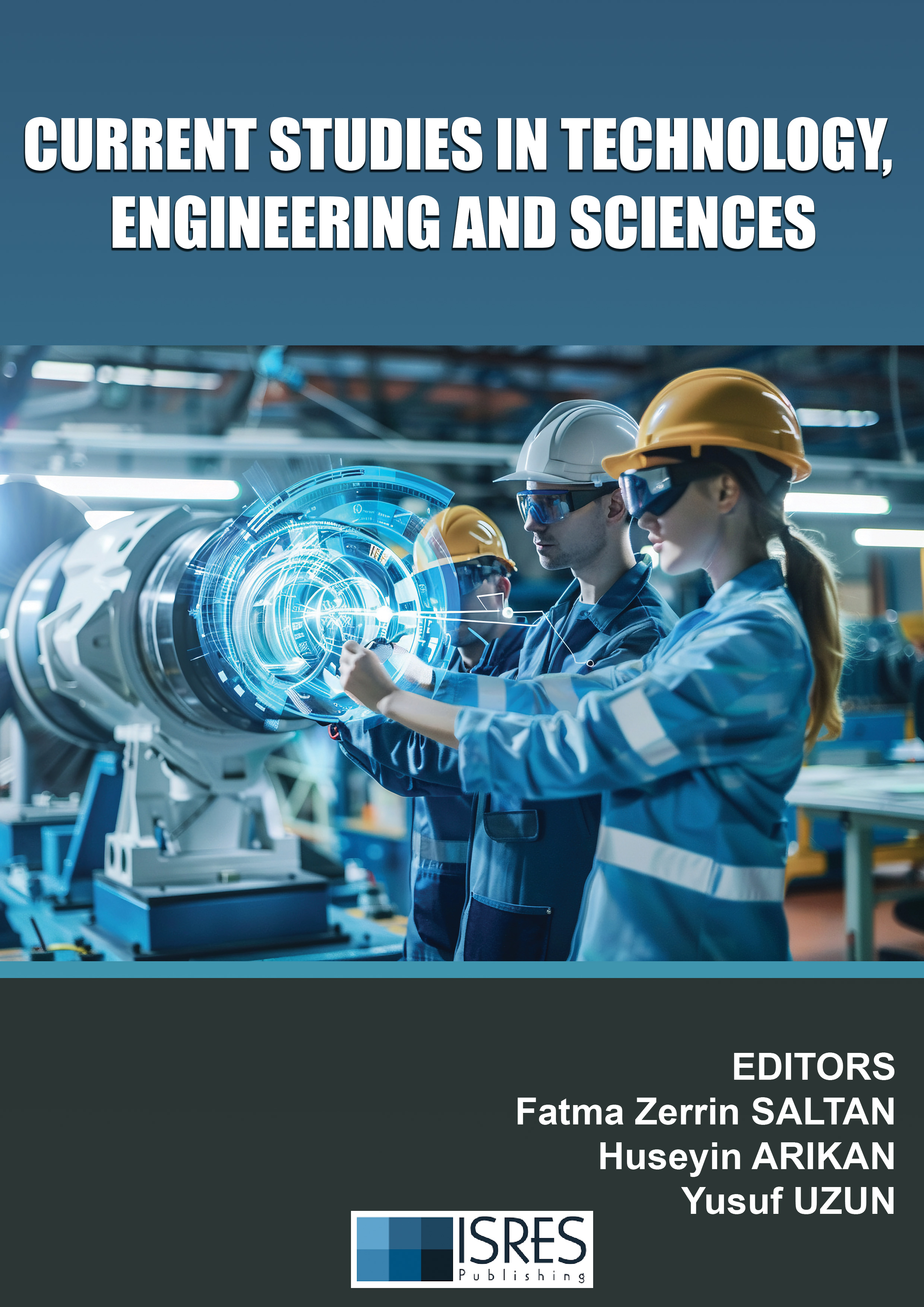

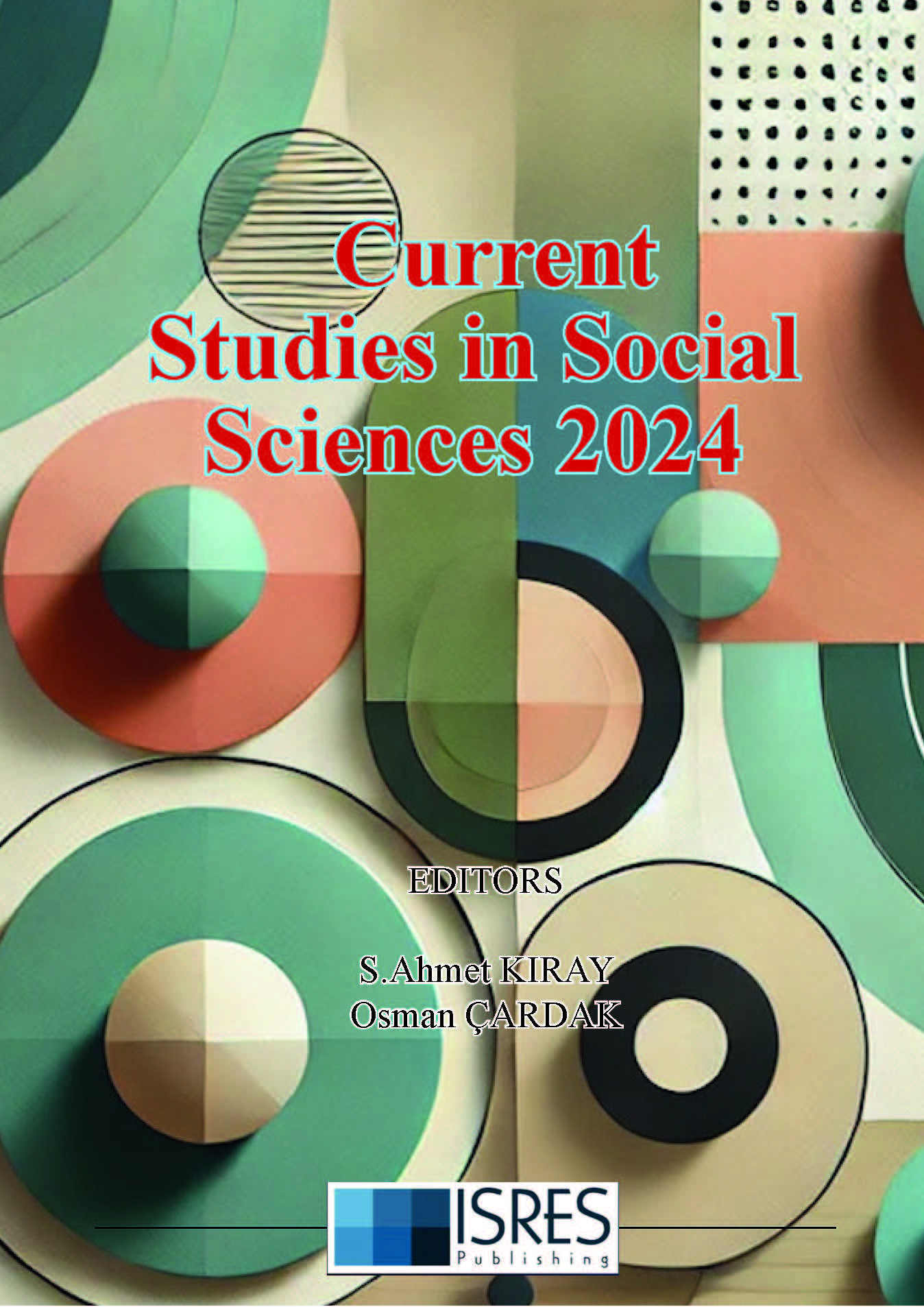
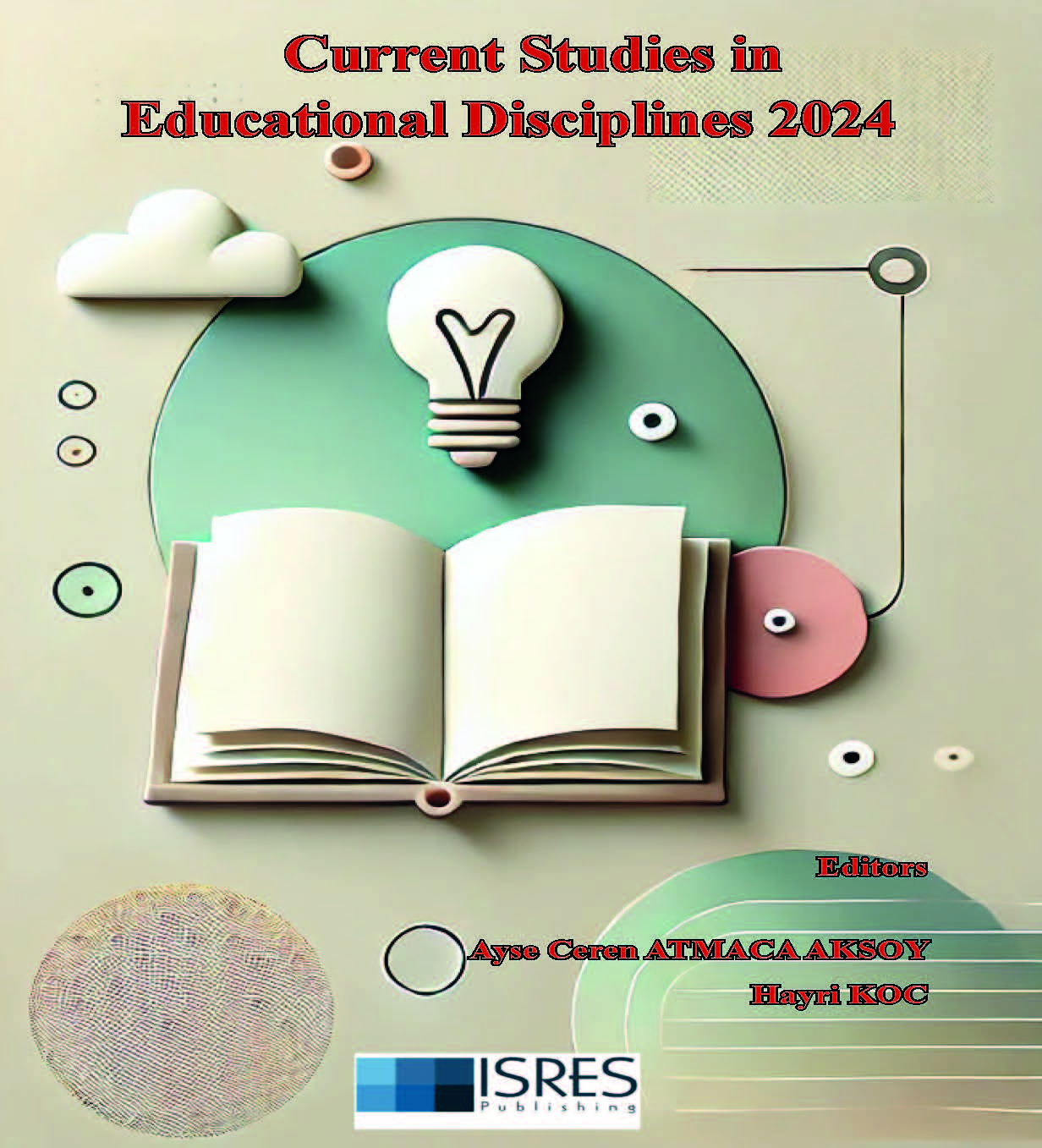
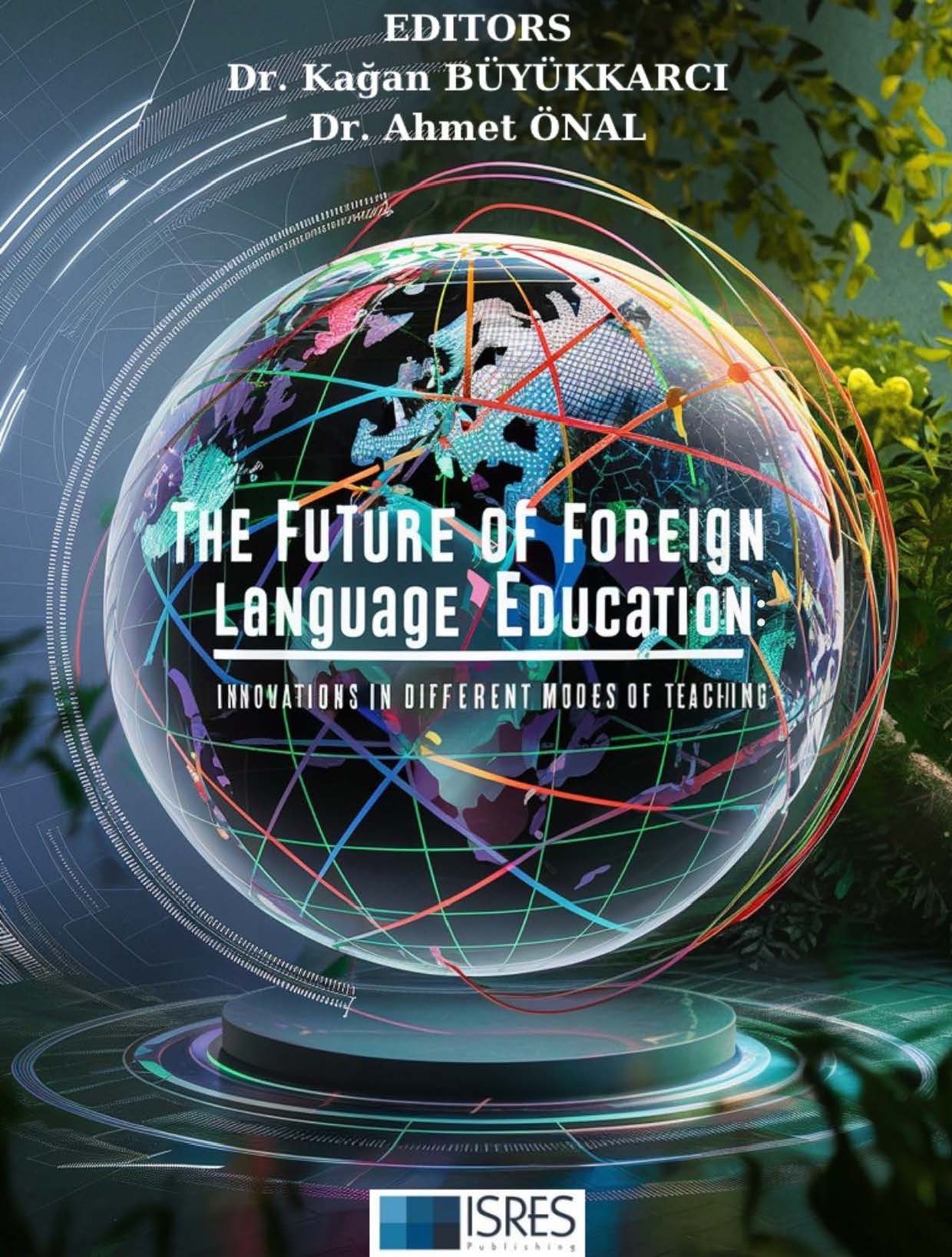
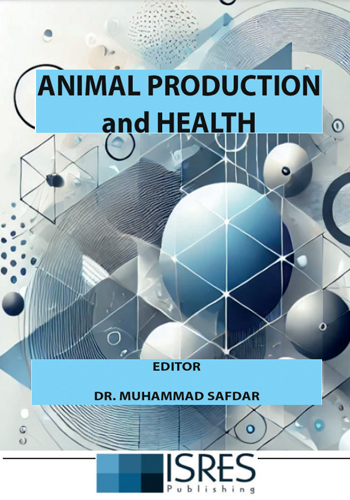
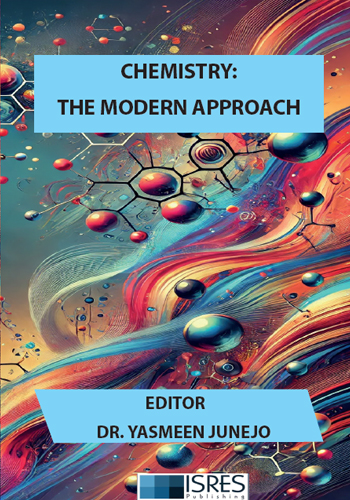
 (1)_16-12-2024.jpg)

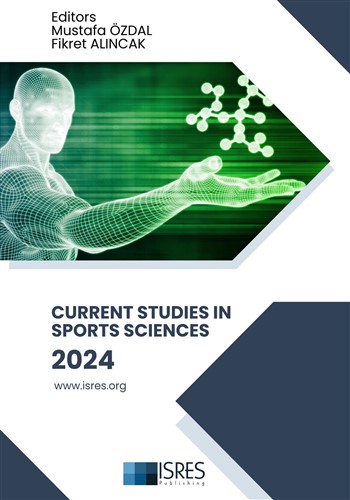
_29-12-2024.jpg)
 (1)_01-01-2025_10-03-2025.jpg)
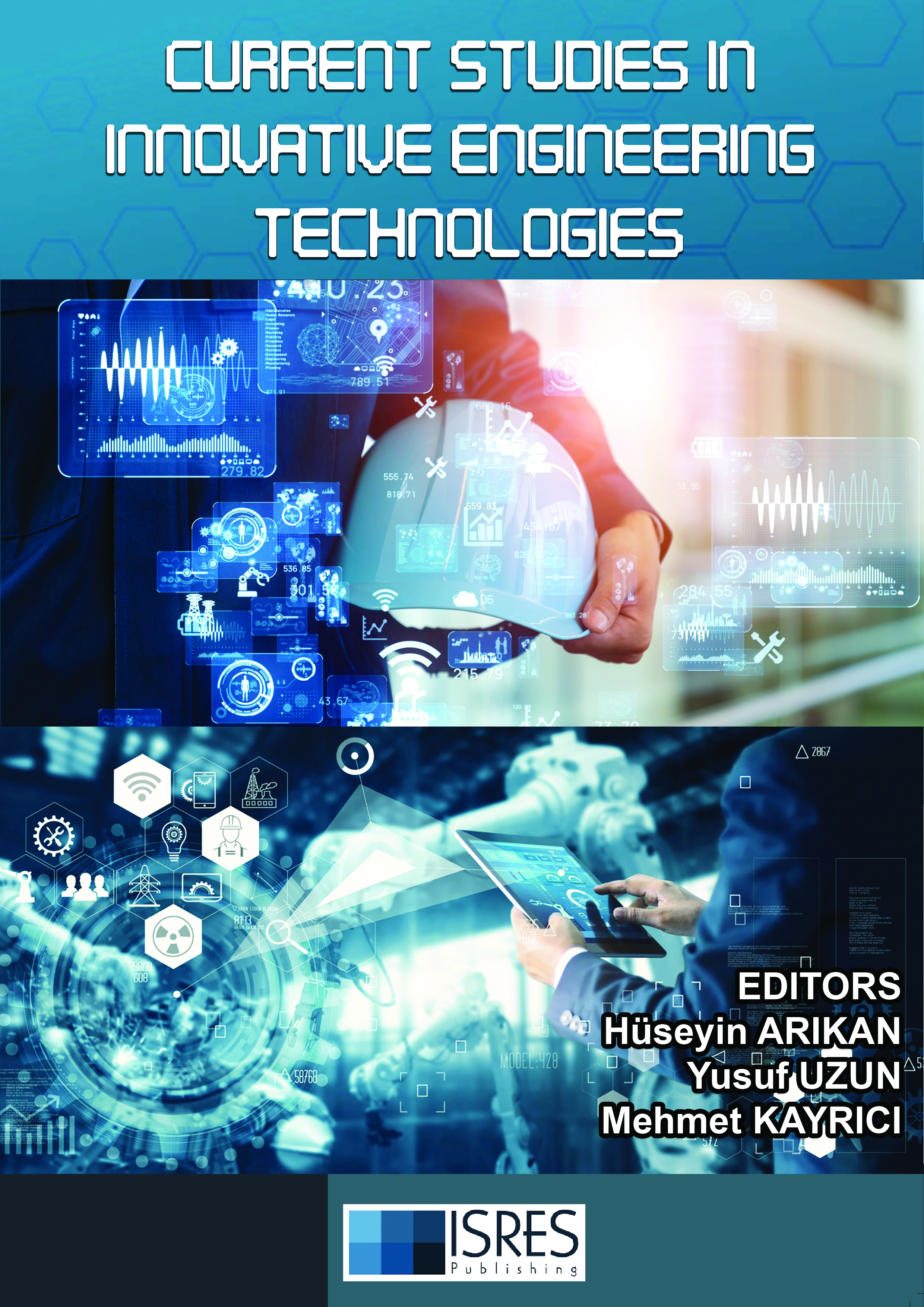
_01-01-2025.jpg)
